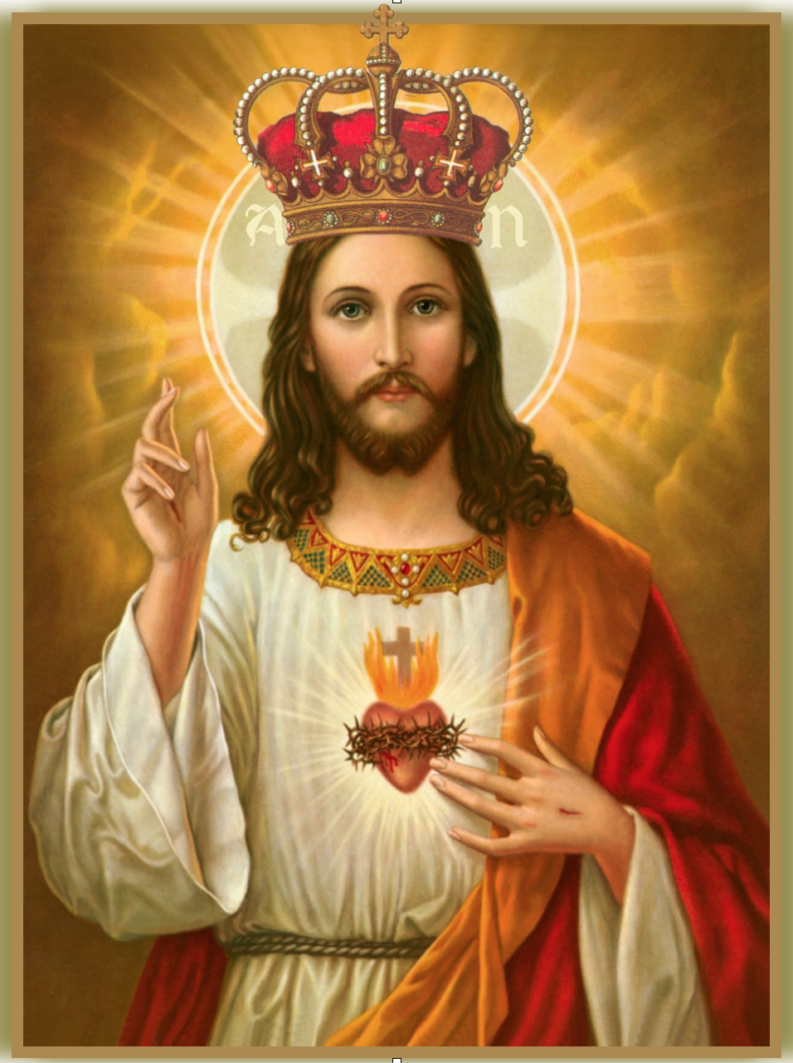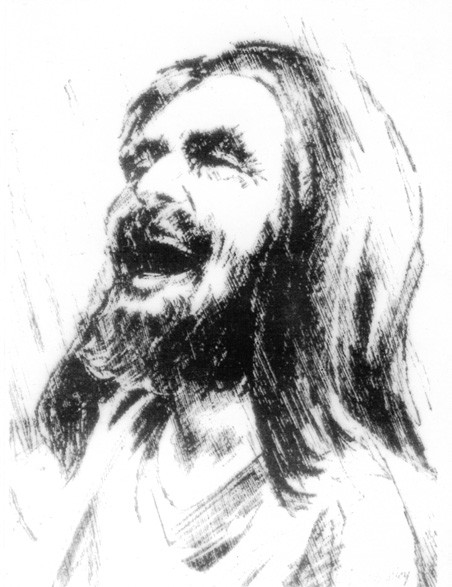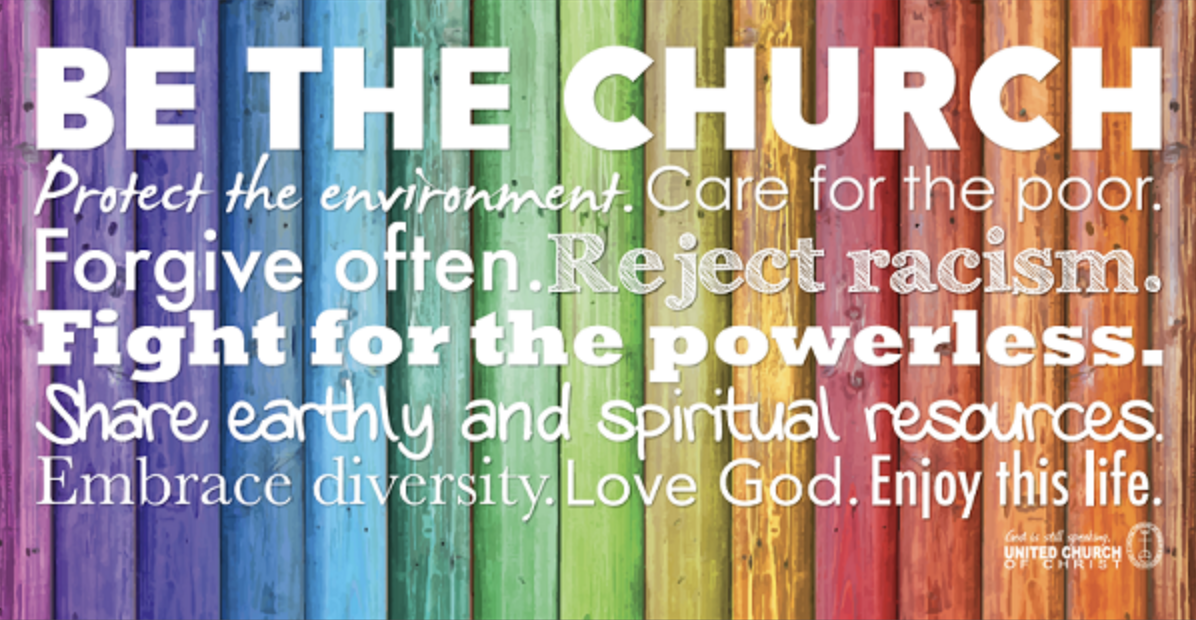|
Today is Memorial Day. A day of remembrance. Remembrance is not a concept locked in the past. Remembrance carries the past forward. I am terrible at remembering the exact wording of even the most common of phrases. There are so many songs that I love and have heard hundreds of times, but I can remember the lyrics of only a few. Something is miswired in my brain. When I try to memorize something, the new line usually replaces the line I had down pat. It doesn’t build on it; it replaces the previous. But a statement of Jaroslav Pelikan, an historian of Christian thought, has remained somehow with me for decades. He stated: “Tradition is the living faith of the dead. Traditionalism is the dead faith of the living.” Traditionalism is the uninspiring repetition of the past simply because it was in the past. I remember being terribly agitated by most of my seminary classes because the answer to many of my questions of “Why?” was “That’s the way it’s always been done.” For one, I knew this wasn’t true. Also, it’s a cop-out. If we can’t answer why we do something, it has lost its meaning and power. It is uninspired and uninspiring. Tradition, on the other hand, is the continuing relevance of the past. It is the translation into a presently meaningful form of what was meaningful to previous generations. It is, for instance, taking Jefferson’s “all men are created equal” and realizing that even if Jefferson never intended it to mean slaves and women that this is actually what it does mean. Tradition seeks to understand the “why” of what we inherit and to carry the “why” forward rather than just mimic what once was. For me “tradition” melds with “progress.” Tradition, in this sense, must be open to discovery and even creation, and discovery and creation carry with them that fearful concept of change, and it is that fear of change that stifles tradition and demotes it to traditionalism. Isaiah shares a powerful warning against such a fear of change. King Uzziah reigned for 52 years over the land of Judah. When he died, Isaiah feared the future. The past was not exceptional, but it was steady. The future was unknown. The fear of change overwhelmed the possibility of progress. The northern kingdom of Israel and its ally Aram (modern Syria) threatened Judah. This was the reality that beset Isaiah’s people during the dangerous period of transition. But it was in this same circumstance that the prophet was the privileged witness of God’s heavenly throneroom. God reminds His prophet that He remains in power even as change envelopes Isaiah’s people. It is in this context that we first hear of Immanuel, the Prince of Peace. For Christians, Immanuel is Jesus - “a child has been born for us, a son given to us.” Jesus personifies change and tradition simultaneously. Without tradition as change, there is no Christianity. And it probably does not serve us well to re-imagine the Saviour who more than likely referred to Himself as Son of Man, as a brother in our shared humanity, rather than as Messiah, who eschewed the trappings of power and prestige to walk among fishermen, farmers, shepherds, prostitutes, tax collectors, the sick, the disabled, and women and children, to then paint Him in the likes of human royalty. Jesus of Nazareth was not an act endured for 30 some years. Jesus of Nazareth is the perfect revelation of the eternal nature of God. So let’s not be afraid to maintain the tradition of our Immanuel, God with us - now, still, always. Let’s remember that our past embraces change. Let’s remember the “why” of a humble, joyous Saviour as we dare to move forward as His church in our present, making the church as welcoming as our welcoming Saviour would intend. Let’s remember that this is why Hatfield Congregational is an Open and Affirming Church. How does Jesus want us to continue to express His lived revelation of love, compassion, empathy, joy and community? That’s remembrance. Let’s remember our past and see where it takes us today. As a friend posted recently as she looks toward the future: “But Jesus looked at them and said, ‘For mortals it is impossible, but for God all things are possible.’” (Matthew 19:26)
Rev. Randy
0 Comments
A forced patriotism is not patriotism. I see thousands of people on television celebrating their leaders, but its meaningless if not participating in these patriotic demonstrations may lead to abuse, arrest or even death. I cannot imagine how many hours those North Koreans must practice to put on their choreographed demonstrations for their Supreme Leader, but they mean nothing. I grew up when the Berlin Wall was still standing. I remember well the fact that citizens of East Germany were locked inside their country. They would have loved to leave; they actually died trying to escape to freedom. I was proud of the fact that I and every other United States citizen wanted to be here. We were patriotic because we wanted to be patriotic. We were free and because of that freedom we stood erect and sang the National Anthem. If this NFL rule stays in place, if players are fined for not acting patriotic on the field, it cheapens patriotism. When we have reached the point that an employer can demand that an employee act patriotic or suffer financial penalty, then those employers, not the players, but those employers are acting unpatriotic. A group from the church attended a concert of the New Valley Singers. The pieces hailed from Mississippi. The director introduced “This little light of mine” with a story about Fannie Lou Hamer. She jumped numerous hurdles in order to vote in the Jim Crow South. When she finally registered to vote, her employer threatened to fire her and her husband if she did not back down. He used her employment status against her to protect his warped idea of patriotism. Instead of un-registering, Hamer became a civil rights activist and worked to sign-up thousands of other “unpatriotic” African-Americans in Mississippi. And at the end of all of her voting rights gatherings, she closed with the religious hymn “This little light of mine.” Faith inspired her to be truly patriotic. She was extorted, threatened, harassed, shot at, and assaulted by white supremacists and the police while trying to register for and exercise her right to vote, and it was her faith in Jesus that kept her strong. There are serious issues behind “taking the knee.” We can’t paper over them and equate patriotism with “America - love it or leave it.” We need to be a country that treats equality and the rule of law as more than slogans. We need to face our problems and deal with them. Those are the hard questions of a real patriotism. I believe fervently in what the Declaration of Independence professes: ““We hold these Truths to be self-evident, that all Men are created equal, that they are endowed by their Creator with certain unalienable Rights, that among these are Life, Liberty, and the Pursuit of Happiness….” God is the source of human equality. Not government paper. Not even the loudest voices. Churches, therefore, need to stand up for a sincere patriotism that is offered because it is deserved. Churches need to be government’s conscience not cheerleader. When the government says, “You have to stand proudly for the National Anthem …,” and if you don’t then “you shouldn’t be in the country,” when employers can threaten employees for not being properly proud, then it’s time to have an honest talk about what patriotism really means, and to start sharing more deliberately “this little light of mine.”
Rev. Randy RELATED:
Hooray, chaos and cataclysm are building in Jerusalem and the Holy Land, let’s push it along and force Jesus to come back and save us. Hooray, the climate is changing and people are going to suffer and die, but let’s do nothing because if it really needs to be fixed Jesus will take care of it for us. Liya Rechtman’s article is disturbing and depressing because it reveals a strain of religious thought that sees humanity as utterly helpless. Infantile actually. The only hope we have is for the world to go to hell in a hand-basket so that in a final act of desperation God must intervene to save us from ourselves. With such an outlook, people of faith must actually hope for Armageddon. David Wootton in The Invention of Science writes, “[I]n science, gains made in the past are only ever given up (except where there is censorship or religious or political interference) in order to be exchanged for greater gains made in the present.” This equals a history of progress. I think this is why I like reading about science. Scientists recognize the danger inherent in their work, but they believe even more strongly that what they discover and create makes us better. In the last episode of the 2018 season of The Big Bang Theory, Sheldon tells his fiancée Amy that he’s not a Renaissance man because he favours the Enlightenment. The Enlightenment Age is one that embraced the idea of progress through human effort and intellect. The religious idea of hoping for God to nurse us constantly as in the Rechtman article is not a Renaissance thought; it is a Dark Ages thought! Everything that could not be understood was mystery or magic and neither were to be tempted, and human understanding withered. The UCC, on the other hand, embraces a theology of Postmillennialism. This is based on the Book of Revelation. It proposes that we humans will create a thousand-year reign of peace on earth in preparation for the Second Coming. Idealistic? This is the religious backbone that supported efforts such as the Abolitionist Movement to end slavery, the Social Gospel Movement that stood-up for worker’s rights, and the Civil Rights Movement that we must continue to press forward. Jesus is our Saviour, but He saves us in part by His example and His trust that we will continue to imitate Him, which is the profound New Testament thought that God came into our world so that we can become like Christ.
Christianity is so much more profound than a theology of surrender. Believe deeply in Christ, not by sitting back and waiting for Him to do everything, but by trying to make the world better with Him. Otherwise, religion is more dangerous than uplifting. Rev. Randy RELATED:
|
NewsFaith, love and chitchat. Categories
All
Archives
June 2024
Follow
|
|
SERVICE TIMES
Sunday 9:30-10:30am Children Sunday School 9:30-10:30am Nursery care available during worship DONATE Make a single or recurring contribution by clicking here |
FOLLOW
|




 RSS Feed
RSS Feed
